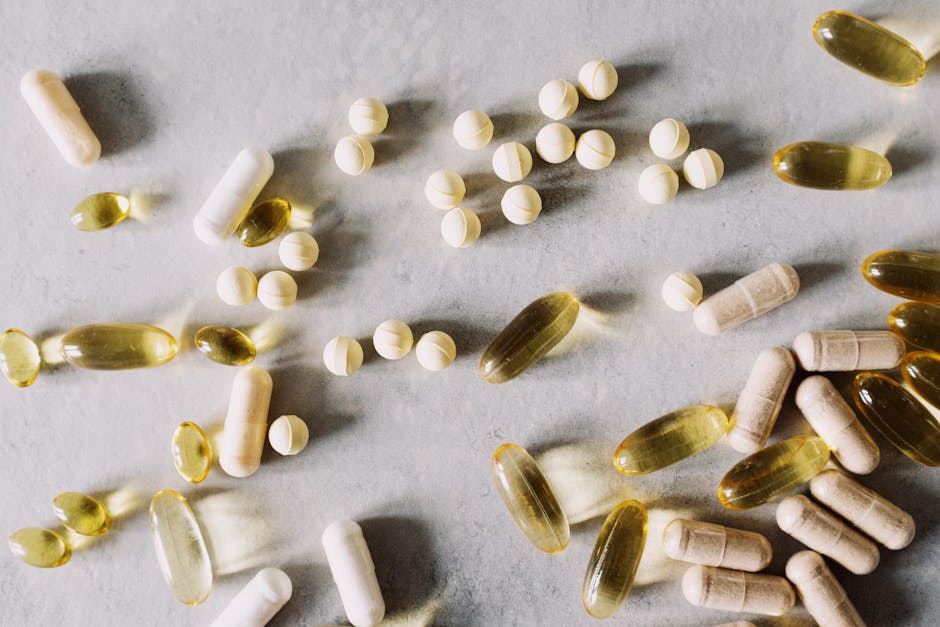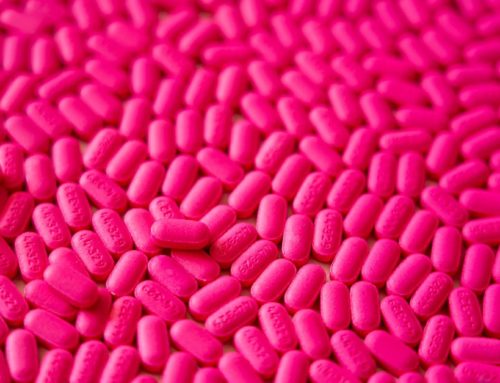Introduction to muscle recovery and nutrition
Muscle recovery and nutrition play crucial roles in optimizing your workout results. Proper recovery helps muscles repair and grow stronger, while good nutrition provides the fuel needed for these processes. Here’s a quick look at how understanding the science behind muscle recovery and nutrition can enhance your fitness journey.
The science behind muscle recovery
Muscle recovery is crucial for muscle growth and overall performance. It happens when your muscles repair and rebuild themselves after exercise. Here are a few key points to help you understand the science behind muscle recovery:
- Muscle protein synthesis: This process involves building new muscle proteins to repair and strengthen muscle fibers.
- Inflammation and repair: After a workout, your muscles may experience inflammation as they repair themselves. This process is essential for muscle growth.
- Nutrition’s role: Consuming an adequate amount of protein and carbohydrates after a workout is crucial for optimal muscle recovery.
- Rest and sleep: Giving your muscles time to rest and recover is just as important as the workout itself.
By understanding these principles, you can optimize your muscle recovery process and achieve better results in your fitness journey.
Role of nutrition in muscle recovery
Good nutrition is essential for muscle recovery. Eating the right foods after a workout helps your muscles repair and grow stronger. Protein is a crucial component in this process as it provides the building blocks for muscle repair. Additionally, carbohydrates help replenish your energy stores, aiding in recovery. Including foods rich in vitamins and minerals supports overall muscle health and recovery. Remember, hydration is also key for optimal muscle recovery.
Essential nutrients for muscle recovery
You need different nutrients to help your muscles recover after a workout. Here are some essential ones:
- Protein: Helps repair and build muscle tissues.
- Carbohydrates: Replenish energy stores and aid in muscle recovery.
- Omega-3 fatty acids: Reduce inflammation and support muscle repair.
- Antioxidants: Help reduce muscle damage and promote recovery.
Make sure to include these nutrients in your post-workout meals to support your muscles!
Hydration and its impact on muscle recovery
Muscles need water to function properly and to recover efficiently. If you’re dehydrated, it can delay your muscle recovery process. Make sure to drink enough water throughout the day and especially after a workout to keep your muscles hydrated and aid in their recovery.
Importance of protein in muscle recovery
Protein is crucial for muscle repair and growth. It helps rebuild and strengthen muscles after a workout. Including protein-rich foods in your diet, like chicken, eggs, and tofu, can aid in your muscle recovery process. Consuming protein within 30 minutes of finishing your workout can help maximize its benefits. Additionally, protein helps reduce muscle soreness and improve overall muscle performance.
Carbohydrates: Fueling muscle recovery
Carbohydrates provide essential energy for muscle recovery, aiding in replenishing depleted glycogen stores. They help support the repair and growth of muscle tissues after intense workouts. When consumed post-exercise, carbohydrates stimulate insulin release, promoting muscle protein synthesis. Including a mix of fast-digesting and slow-digesting carbohydrates in your post-workout meal can optimize recovery and replenish energy levels efficiently.
Sources of vitamins and minerals for optimal recovery
To optimize your body’s recovery after a workout, it’s essential to ensure you’re getting enough vitamins and minerals. Here are some key sources to consider:
- Vitamin C can be found in citrus fruits like oranges and strawberries.
- Vitamin D is naturally produced by your body when exposed to sunlight, but you can also get it from sources like fatty fish and fortified dairy products.
- Magnesium can be found in foods like nuts, seeds, and leafy green vegetables.
- Zinc is abundant in foods like meat, shellfish, and legumes.
Including these nutrients in your diet can aid in muscle recovery and overall performance.
Best practices for maximizing muscle recovery
To maximize your muscle recovery, focus on these key practices:
- Ensure you intake enough protein to support muscle repair and growth. Aim for 0.8 to 1 gram of protein per pound of body weight daily.
- Stay hydrated by drinking plenty of water throughout the day to aid in muscle function and recovery.
- Get enough quality sleep as it plays a crucial role in muscle recovery and growth. Aim for 7 to 9 hours of sleep each night.
- Incorporate stretching and foam rolling into your routine to improve blood flow and reduce muscle soreness.
- Remember to listen to your body and give it the rest it needs between intense workouts for optimal recovery and muscle growth.
Conclusion: Achieving optimal muscle recovery through nutrition
To achieve optimal muscle recovery through nutrition, it’s crucial to pay attention to the timing and content of your meals. After a workout, your body needs a balance of protein and carbohydrates to repair and replenish muscles. Including sources of lean proteins like chicken, fish, or tofu, along with complex carbohydrates such as whole grains and fruits, can support muscle recovery. Additionally, staying hydrated and consuming essential nutrients like vitamins and minerals play a significant role in aiding muscle recovery. By focusing on a balanced diet that includes these elements, you can enhance your body’s ability to recover and perform at its best.







